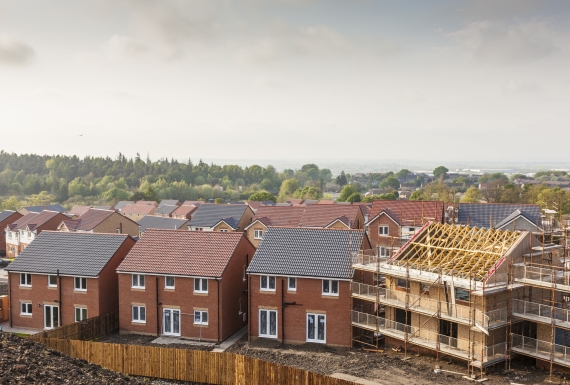Social disparities in residential mobility and children’s outcomes in early and middle childhood
Studies of residential mobility over the course of individual lives have documented that individuals are more mobile when they have young children. Given the high rate of residential mobility, and the importance of early life experiences for later outcomes, it is crucial to understand the implications of moving home for children development. A large body of research has shown that children who stay in the same home have better outcomes than their more mobile counterparts. However, a dichotomization of mobility experiences (movers versus non-movers) has limited explanatory power and calls for approaches that consider frequency, motivations, and characteristics of residential moves. Further, whereas more advantaged families often make intentional moves to better housing or neighbourhood, more disadvantaged families are at risk of deterioration of their housing contexts. Families might also differ in the resources they have to buffer the negative effects of a move.
This project addresses the following research questions:












Many aspects of inequality derive from where people live, work, grow up, go to school and retire. These spatial inequalities are sometimes referred to as a “postcode lottery” – people living in different neighbourhoods have very different life outcomes even though those neighbourhoods are in the same area of the city. Our research will seek to estimate the geographical aspects of inequality, and examine how they have been affected by changing spatial patterns of poverty. We will look at factors such as inequality in proximity to employment and essential services such as schools, environmental risks (such as air pollution), and exposure to crime. We will also seek to understand how these inequalities interact to affect life outcomes.
We will also look at patterns of migration and the changing ethnic make up of workplaces, neighbourhoods and schools to examine the impact of these changes on factors such as crime and educational performance.
We will also seek to analyse the causal drivers of crime inequalities and the ways in which patterns of poverty and inequalities overlap with and impact on patterns of crime and disorder.
Below are some of the research questions we seek to answer. These link closely with our research into Crime, Housing, Environmental and Socio-economic inequalities.